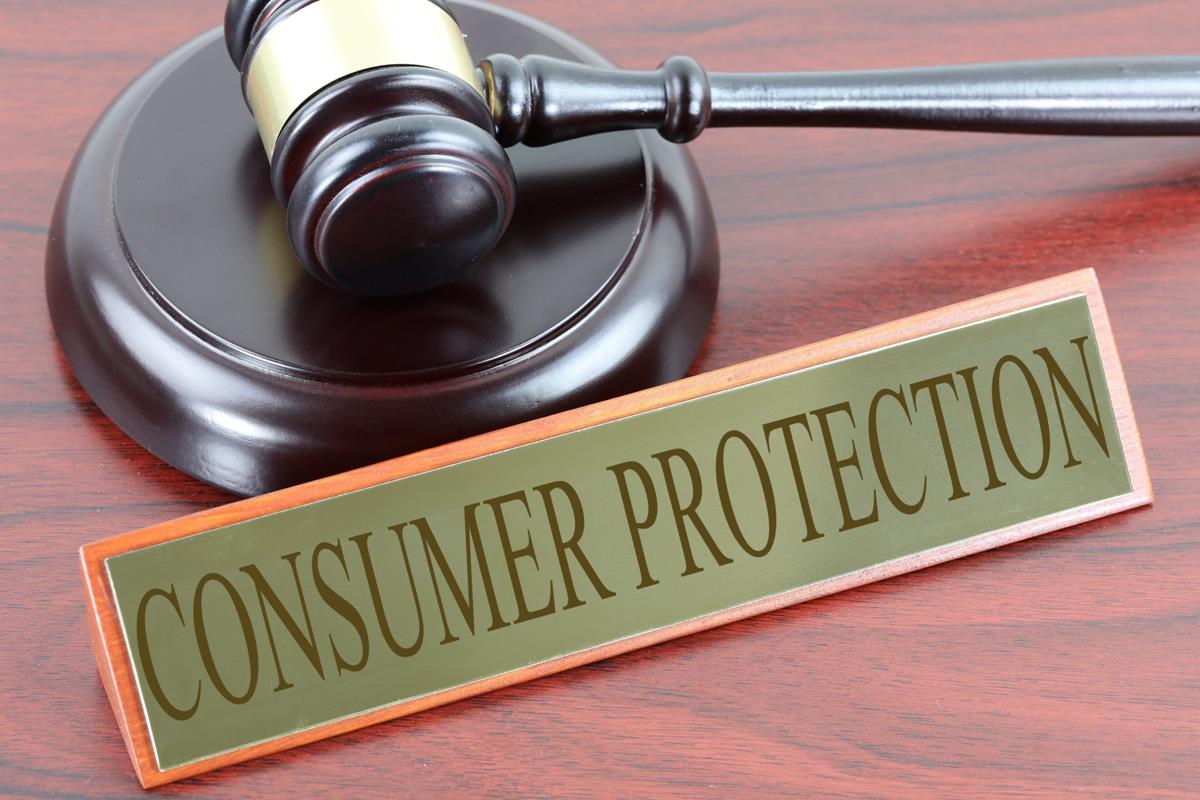Imagine buying a new phone that promises hours of battery life, but it barely lasts two. Or maybe your latest online order never arrives, and customer service stops responding. If you’ve ever felt frustrated by misleading ads, faulty goods, or shady business practices, you’re not alone. That’s where consumer protection law steps in.
This guide will break down what consumer protection law is, why it matters, and how it works—using clear, simple language. Whether you’re a young adult making your first major purchase, or simply want to feel more confident shopping in an increasingly digital world, this article’s for you.
What Is Consumer Protection Law?
Consumer protection law refers to the legal framework that empowers and shields buyers from unfair, deceptive, or fraudulent business practices. It’s designed to ensure that companies compete fairly and that customers receive accurate information, safe products, and honest services.
In short, consumer protection law is your first line of defense as a buyer. It balances the scales between large businesses and everyday people—preventing companies from taking advantage of their customers.
Why Is Consumer Protection Law Important?
Consumer protection is about more than just refunds or fair prices. Here’s why these laws matter:
- Protects Your Rights: They guarantee you have the right to safe products, honest advertising, clear contracts, and remedies when things go wrong.
- Boosts Confidence: Knowing the law has your back makes shopping (online or offline) less risky.
- Promotes Fair Competition: By keeping businesses honest, these laws encourage companies to focus on quality and customer service.
- Ensures Safety: Many laws require that products meet strict health and safety standards before reaching shelves.
Key Consumer Rights: What Are You Entitled To?
The foundation of consumer protection law is a set of core rights. Most tier-1 countries recognize these essential protections:
1. The Right to Safety
You have the right to expect that the products and services you buy will not pose risks to your health or life. From food to household goods and electronics, there are strict safety requirements in place.
2. The Right to Be Informed
Ever checked nutrition labels or compared specs before buying electronics? Laws demand that companies provide full, honest, and clear information so you can make informed choices.
3. The Right to Choose
Competition, not monopolies, drives better prices and quality. Consumer law encourages a wide array of goods and services, so you’re not stuck with one choice.
4. The Right to Be Heard
If you’ve got a complaint, you should have access to platforms where your voice matters—whether it’s government agencies, consumer courts, or customer service.
5. The Right to Redress
Something went wrong? Laws entitle you to a refund, replacement, repair, or even compensation in certain cases.
6. The Right to Consumer Education
Knowledge is power. Consumer protection policies support programs that help you understand your rights and make better decisions.
How Consumer Protection Laws Work
Setting Standards
Regulations exist for everything from advertising and packaging to product warranties and after-sales services. This helps prevent false claims, fake deals, and hidden charges.
Enforcement Agencies
Most countries have dedicated government agencies, like the Federal Trade Commission (FTC) in the US or the Competition and Markets Authority (CMA) in the UK, that enforce these rules and punish violators.
Complaint Mechanisms
If you face a problem, you can file complaints online or offline. Many jurisdictions also have special consumer courts for quick dispute resolution.
Penalties for Violators
Businesses that don’t play by the rules can face heavy fines, lawsuits, or even bans—making them think twice before exploiting buyers.
How Does Consumer Protection Law Affect You?
Whether you’re buying a gadget, booking a flight, or signing up for a gym membership, these laws shape your experience in several ways:
- Guarantees on Products: Most items come with a minimum warranty period. If something breaks early through no fault of yours, you can get it fixed or replaced.
- Truth in Advertising: Ads must be truthful; “free trials” and “no hidden fees” must live up to their promises.
- Return and Refund Policies: Businesses often must clearly display and honor fair return policies.
- Digital Transactions: With online shopping, extra protections cover issues like data privacy, payment scams, and non-delivery.
Common Consumer Protection Laws and Acts (Tier-1 Countries)
- United States: Federal Trade Commission Act, Fair Credit Reporting Act, Magnuson-Moss Warranty Act.
- United Kingdom: Consumer Rights Act, Competition Act.
- Canada: Competition Act, Consumer Packaging and Labelling Act.
- Australia: Australian Consumer Law.
- European Union: Consumer Rights Directive, Product Liability Directive.
These laws provide a safety net, but details vary by country.
What Are the Most Common Violations of Consumer Protection Law?
- False Advertising: Misleading ads about product features, pricing, or promotions.
- Unfair Contract Terms: Hidden fees, confusing fine print, or terms that favor the seller.
- Poor Quality Goods: Products that break easily or are unsafe.
- Privacy Breaches: Companies misusing or failing to protect your personal data.
- Scams and Fraud: Fake online stores, phishing emails, or non-delivery of paid goods.
Recognizing these offenses helps you act quickly if you suspect foul play.
What To Do If Your Rights Are Violated
Step 1: Gather Evidence
Keep receipts, emails, photos of defective goods, or screenshots of misleading ads.
Step 2: Contact the Company
Many issues are resolved quickly by reaching out to customer support. Stay polite but firm, and state what resolution you want (refund, repair, etc.).
Step 3: File a Complaint
If contacting the business doesn’t work, turn to official consumer protection agencies or online consumer grievance portals.
Step 4: Seek Legal Help
Some disputes might need legal action or involve consumer courts, especially for large sums or blatant fraud.
FAQs About Consumer Protection Law
Q: Do consumer protection laws cover secondhand goods or services?
A: Yes—if the business is a registered seller, laws often still apply. Certain exceptions exist, so check local guidelines.
Q: Can I claim compensation for emotional distress or inconvenience?
A: This varies. Most laws focus on financial loss, but serious cases (like injury or data breach) can result in broader compensation.
Q: Is online shopping covered?
A: Absolutely! Digital transactions have strong legal backing, including extra protections for privacy and delivery issues.
Tips: Safeguard Yourself as a Consumer
- Read before you sign: Don’t skip contract fine print.
- Save all documentation: Receipts, warranties, product information.
- Research the seller: Look up reviews, ratings, and business registration.
- Act quickly: Report issues as soon as they arise.
Conclusion
Consumer protection law isn’t just legal jargon—it’s what keeps you safe when you spend your hard-earned money. By understanding and using these rights, you can shop with confidence, avoid scams, and hold businesses accountable. Next time something feels off with a purchase, remember that the law is on your side.
Call to Action
Be an empowered consumer! Whether you shop in-store or online, stay informed about your rights. If you’ve ever had a bad experience as a buyer, don’t stay silent—use what you’ve learned here to get justice and help others. And share this guide with friends and family, so everyone can shop smarter and safer!






